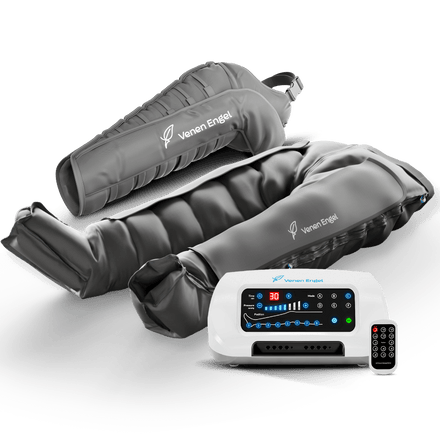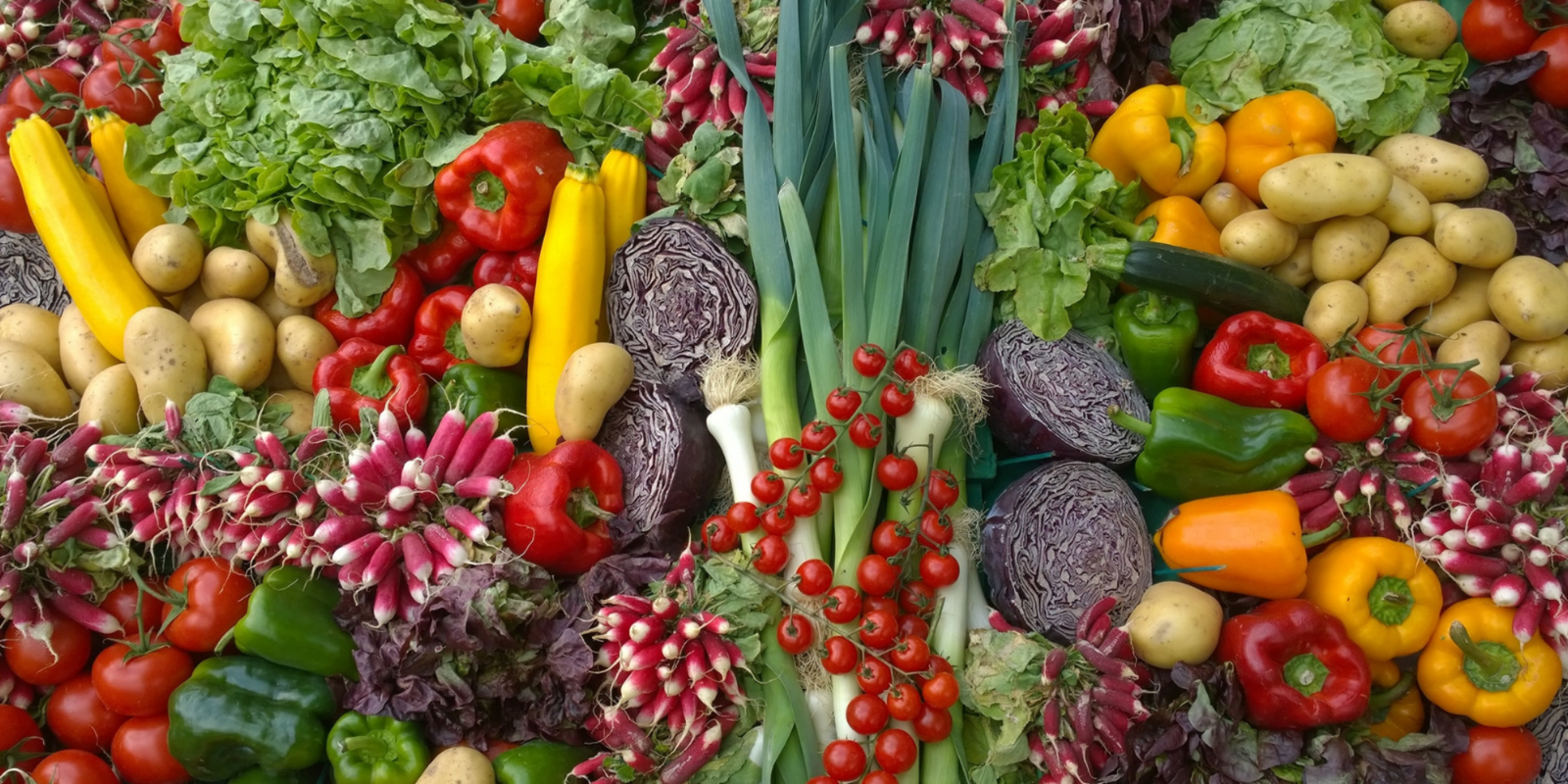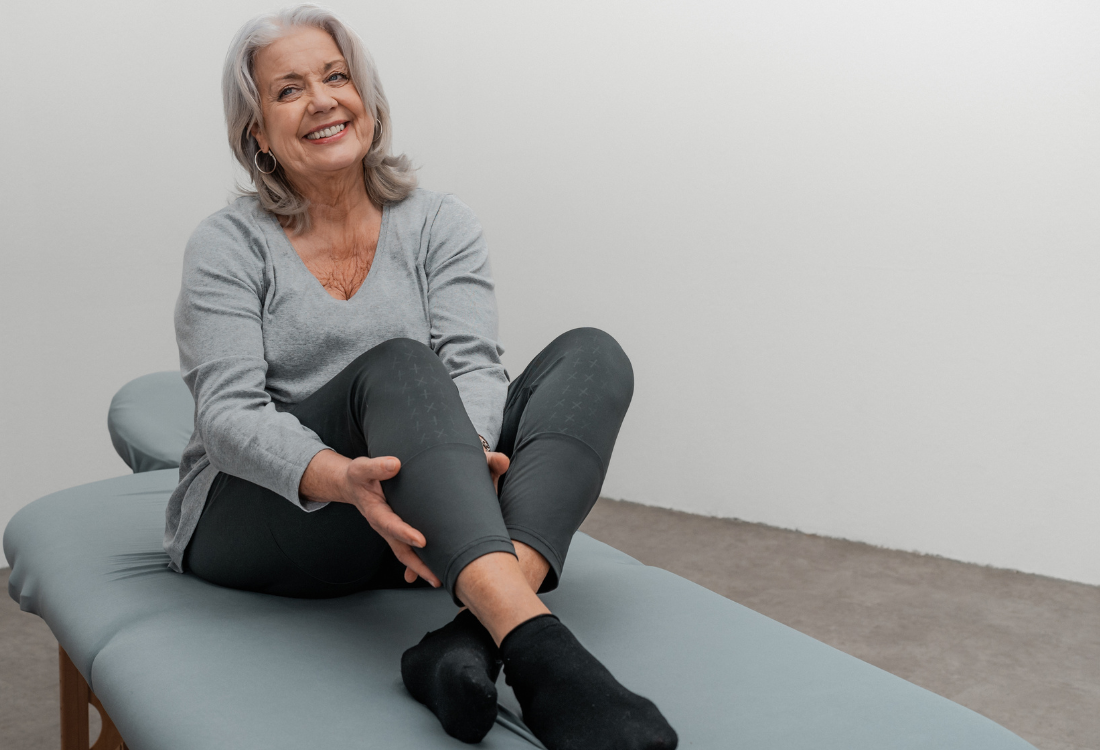
Do you sometimes feel a feeling of swelling or notice that your clothes are a little tighter? Don't worry - there are natural and delicious ways to help your body get to grips with water retention. A thoughtful diet can make a big difference.
There are foods that act as natural diuretics - and most of them are plant-based. But how can a change in diet or different foods effectively help with water retention?
What is water retention
Water retention, also known as oedema, is swelling that can occur in various areas of the body - such as the legs, ankles and feet, but also on the face and hands. These swellings are caused by fluid accumulation in the body tissue. Common causes of oedema can be prolonged sitting, such as at work or when travelling by plane, hormonal fluctuations during pregnancy and standing for too long.
As your body is made up of around 50 to 60 per cent water, an imbalance in your water balance can cause your body to hold on to excess water. In addition to these everyday causes, serious health problems can also lead to oedema.
Depending on the cause, oedema can be alleviated by making specific changes to your diet or avoiding prolonged sitting. However, if other health conditions are the cause, you should see a doctor to check the condition. Excessive water retention can not only affect your well-being, but can also cause noticeable symptoms such as a heavy feeling or limited mobility.

Symptoms of water retention
Symptoms of water retention include
- Bloating, especially in the abdominal area
- Swollen legs, feet and ankles
- Restricted mobility of the joints in the area of the oedema
- Clothing, shoes or jewellery (rings) are suddenly too tight
- Swelling of the abdomen, face and hips
- Stiff joints
- Unexplained sudden weight gain or daily fluctuations in body weight
Understanding water retention
How nutrition can help
While you may already be trying to adjust your lifestyle habits to prevent oedema, the right diet can make a crucial difference. Certain foods have properties that can help your body to eliminate excess fluid and balance water levels. We show you which foods can naturally help to alleviate water retention.
Here are some options you can include in your diet that can help you counteract water retention:
1. Potassium-rich foods: Potassium helps to regulate sodium levels in the body and can therefore help to eliminate excess fluid. Bananas, avocados and sweet potatoes are excellent sources of potassium that can help you reduce water retention.
2. Magnesium-rich foods: Magnesium plays an important role in regulating fluid balance. Eating magnesium-rich foods such as spinach, nuts and wholemeal products can help to reduce water retention in the body.
3. foods rich in vitamin B6: Vitamin B6 helps reduce fluid retention. Foods such as chicken breast, bananas and potatoes are rich in vitamin B6 and can help to alleviate the symptoms of water retention.
4. Water-rich foods: Foods with a high water content, such as cucumbers, celery and melons, promote the body's natural fluid balance and can help eliminate excess water.
5. Anti-inflammatory foods: Berries, green tea and fatty fish such as salmon contain antioxidants and omega-3 fatty acids, which have anti-inflammatory properties. These foods can help alleviate the symptoms of water retention and improve your wellbeing.
10 foods to help with water retention
Let's get specific and show you 10 foods that should not be missing from your diet to help with water retention. Here we have put together a list of foods that you should definitely be eating more of in the kitchen.
Potassium-rich foods
Magnesium-rich foods
Vitamin B6-rich foods
Water-rich foods
Anti-inflammatory foods
Conscious nutrition for water retention
Conscious nutrition for water retention A conscious diet can make a significant contribution to how well you feel in your body. By choosing foods that can support your body, you can increase your well-being. Small changes in your diet can have a big impact.
If water retention persists even after changing your diet or lifestyle, you should consult a doctor to find the best treatment option for you.












